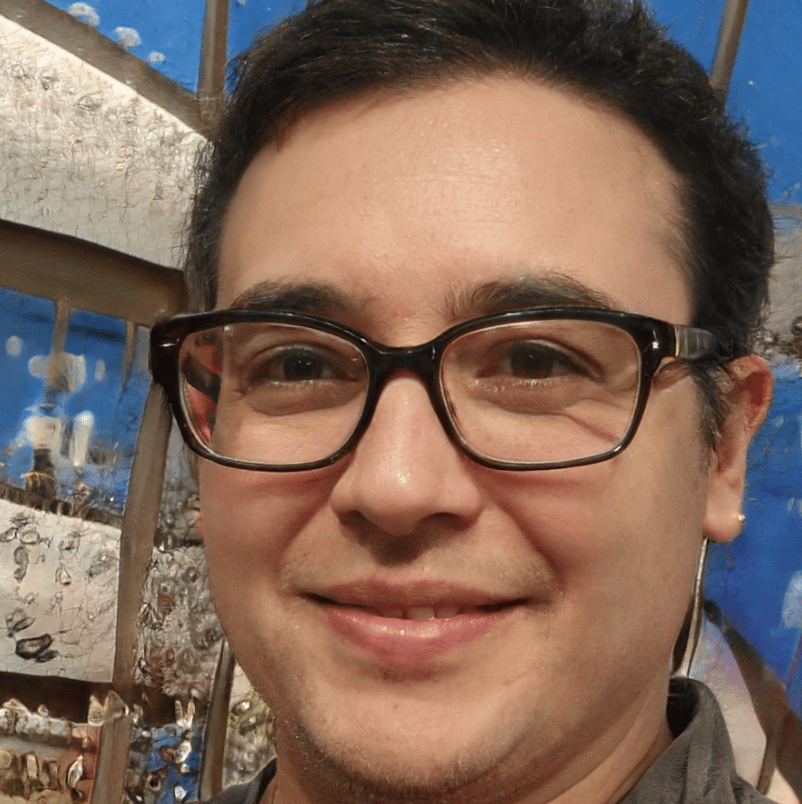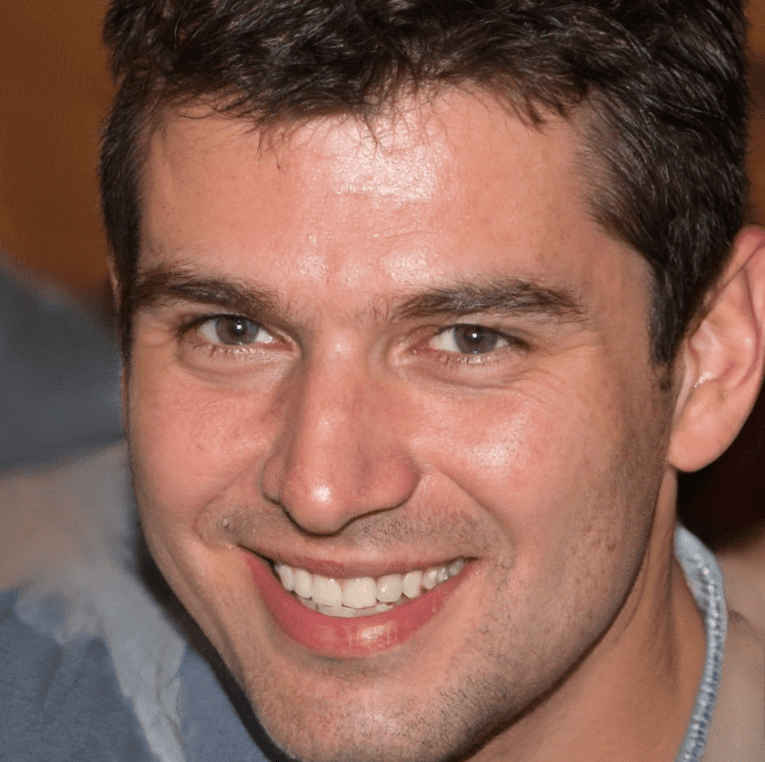When your get up and go has got up and went
83% of Americans polled thought they had high levels of mental and emotional resilience, but only 57% scored as resilient. – Everyday Health
The Stoic philosophers of ancient Greece and Rome promoted being resilient as the way to deal with adversity. And resiliency has experienced a resurgence in popularity in the modern age amid TED talks and self-help books. So why do so many of us think we have it when the data says we don’t? Because resilience isn’t something you’re born with – it’s something you learn. And it’s not something we were taught at home or school – it’s something most of us are left to figure out on our own.
What is Resilience?
“Life doesn’t get easier or more forgiving; we get stronger and more resilient.” –Dr. Steve Maraboli
Life is a series of difficulties and evolutions. It’s about how we fall and get back up. And resilience is our ability to cope, rather than fall apart, in everything from a significant life trauma to day-to-day hassles.
Suppose you’re exhibiting some unhealthy coping strategies to avoid reality, like dodging friends, self-medicating via various means (drugs, booze, video games, porn), feeling overwhelmed to the point where you’re dysfunctioning. In that case, you might have a resiliency problem. It’s like the little kid who lays down on the ground when they’re upset, refuses to say why or get up. Except you’re a grown-up. The good news is, resilience exists on a spectrum, and you can control how and if you move up and down that spectrum.
91% of the most resilient Americans believe mental health is as important as physical health, but only 33% of Americans are likely to ask for help when faced with a negative situation. – Everyday Health
How do You Become Resilient?
As we mentioned before, resilience is something you learn. So yes, it’s time to put on your big boy pants, get off the ground, and ask for some help. While you’re getting dressed, here are three quick tips to get you started:
- Shift your perspective. There is power in perception – the end of one thing is the start of another. You can choose to focus on what you don’t have any more or focus on what new possibilities await. This isn’t to downplay your situation’s seriousness, but it is particularly effective when processing it.
- Take action. Get connected – talk it out with a family member, friend, or professional. And take care of yourself – practice stress management techniques like getting exercise, learning breathing techniques, and getting a good night’s rest.
- Get clear on your values. Know your true motivation(s). No matter what happens, no one can take your values away from you. Determine what matters most to you and remember that when a stressful situation arises. At Manifest, we believe people who have congruency between their values and their lives are generally happier and more resilient in times of stress.
- Be present. Depression pulls us into the past, where we focus on things we cannot change. Anxiety pulls us into the future, where we focus on things we anticipate to be stressful. People who can stay present before and during stress are more resilient.
- Seek mentors. If you can find, speak to, or emulate mentors who you perceive to be resilient people, you will be better able to fill in the gaps you are unaware of in developing your resilience.
“True will is quiet humility, resilience, and flexibility; the other kind of will is weakness disguised by bluster and ambition.” – Ryan Holiday
“Success is not final, failure is not fatal: it is the courage to continue that counts.” – Winston Churchill





